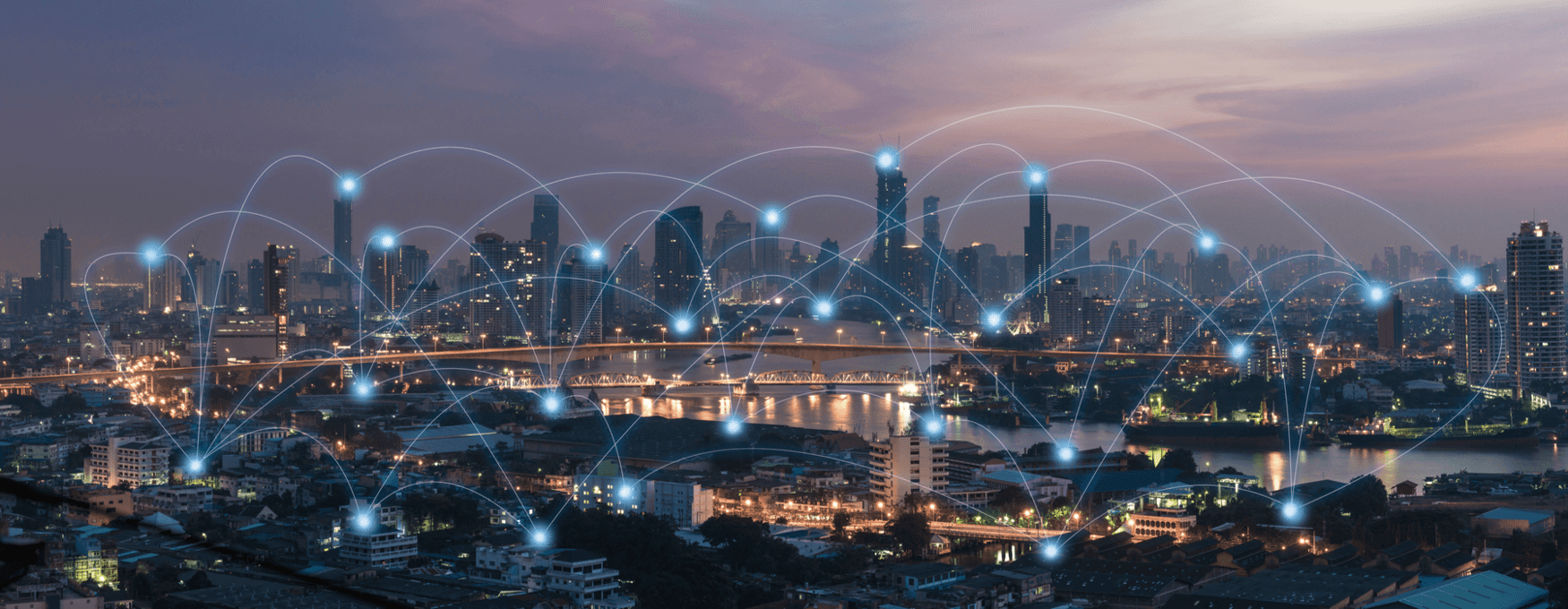A Closer Look At The Importance Of Telecommunications Infrastructure

The telecommunications industry is a multi-billion dollar global market that has been steadily growing every year. Its infrastructure is responsible for the delivery of both voice and data communications to customers, and it includes both wired and wireless networks.
The need for telecoms infrastructure will be greater than ever in the coming years, so it's important that we understand how important this industry really is. This article takes a deep dive into the importance of having telecommunications infrastructures in place.
Business
This technology is often used to create a more collaborative environment, where teams can work together at great distances. This has been a crucial element during the Covid-19 pandemic where multitudes of people have needed to work from home. The infrastructure enables people to communicate via such channels as landline phones, email, various software packages, and video (and web) conferencing. Businesses also use their power to provide quality customer service, including complaint handling.
There are also companies that supply services to energy providers. A study of the GNB Energy website shows that such businesses need help with property poles and pole holds, ITS (Intelligent Transport Systems), and lighting and wiring. Assistance is also needed for such things as overhead powerline construction.
Economy And Finance
Such sectors as education and healthcare rely on telecommunications infrastructures to function, and in turn, they can be major players in a country's economic growth.
In the financial sector, people rely on the infrastructure when they send and receive money across the globe. The process has become much easier, thanks to such technology as downloadable smartphone apps. Individuals can move money around for personal reasons, and businesses use web applications as a part of their daily financial transactions.
Healthcare
Thanks to the power of telecommunications, patients can communicate with medical specialists from great distances. Diabetics rely on it for their blood sugar reports to be transmitted and accessed elsewhere.
It reduces the pressure on doctors to make personal visits when they have electronic access to such data as heart rates and blood pressure. Once again this has been crucial during the pandemic, making only physical examinations needed to be made personally. Patients can also use phone apps to request repeat prescriptions rather than needing to contact surgeries or pharmacies.
Education
Such terms as distance learning and e-learning have become commonplace, thanks to telecommunications infrastructures. People can learn remotely from tutors across the world, at a time that best suits them.
Folk can use the internet to gain degrees rather than attending physical universities. This makes life easier for busy people with other commitments who want to gain additional qualifications.
Agriculture
Farmers are able to gain accurate weather forecasts that help them protect their livelihood. Complex technology can enable them to get upfront warnings about such things as thunderstorms or earthquakes.
Besides accessing valuable meteorological information they can also connect to global pricing systems that are updated in real-time.
Transport
Whilst much of it occurs in the background, telecommunications technology can be essential to managing traffic and warning people of motorway queues, weather warnings, and accidents.
It is used to help planes take off and find a safe landing space. The marine industry also uses it for travel information and shipping lane navigation. Whether it's a fleet of lorries or taxis, they all rely on mutual communication in order to function as an efficient team.
Government And Defense
The Police use this technology to monitor the air, land, and sea. Huge amounts of data can be transmitted and accessed so that quick reaction times can be achieved.
Governments need the infrastructure for communicating confidential information between themselves and other agencies and nations. This includes protecting the border of a country and reallocating resources as required.
This modern technology is integral to almost every area of our lives, and it's essential for the daily running of most sectors of society. Whether it's data or fund transfers or access to huge amounts of information, it's all achieved using the power of telecommunications.

Ravindra Ambegaonkar
Ravindra, the Marketing Manager at NY Engineers, holds an MBA from Staffordshire University and has helped us grow as a leading MEP engineering firm in the USA
Join 15,000+ Fellow Architects and Contractors
Get expert engineering tips straight to your inbox. Subscribe to the NY Engineers Blog below.


